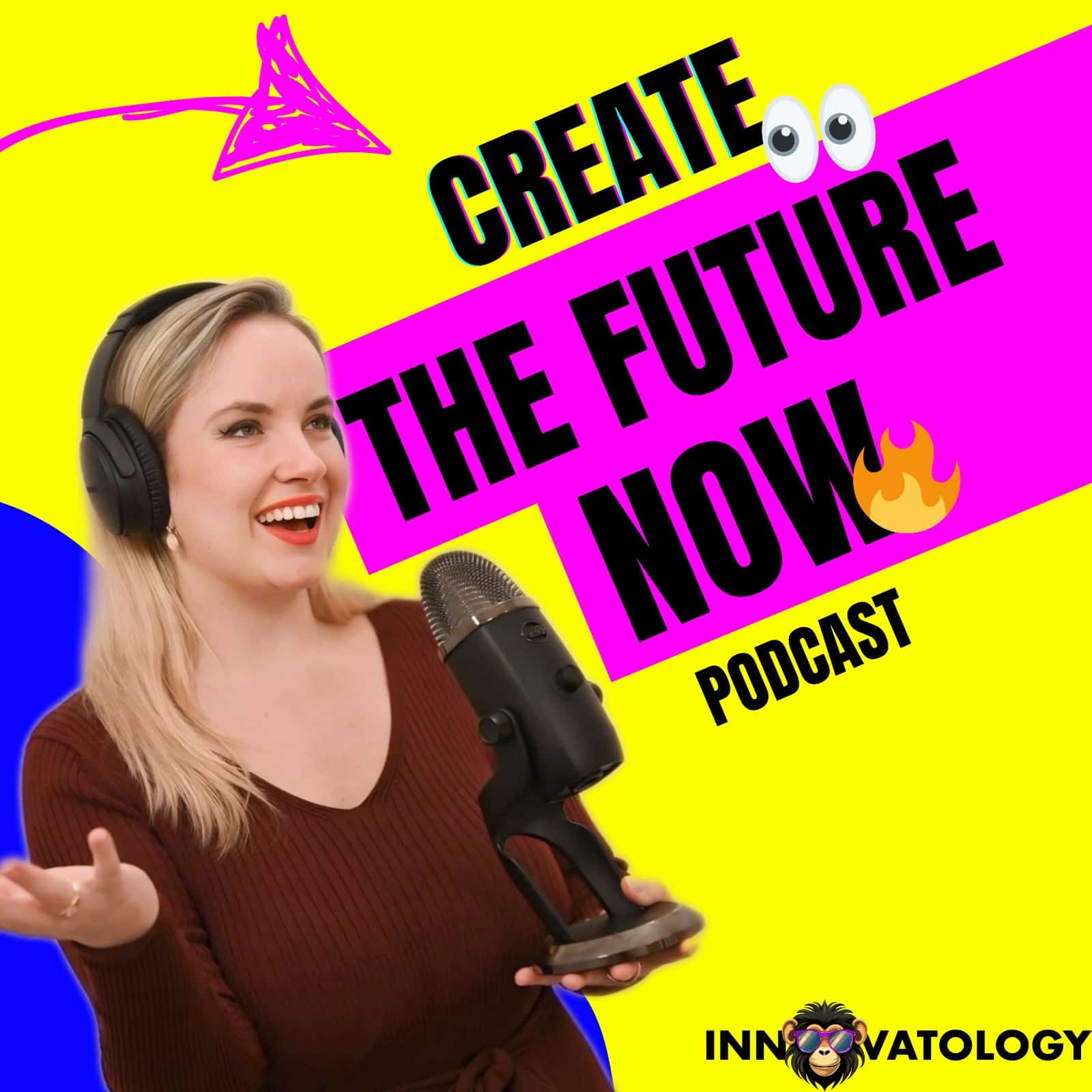In the rapidly evolving landscape of technology, generative AI stands out as a transformative force, driving innovation across industries. To harness its full potential, effective AI leadership is crucial. Leaders equipped with the right competencies can drive successful opportunities and overcome challenges inherent in implementing generative AI. Generative AI, also known as GenAI, refers to algorithms that can create new content, whether it be text, images, music, or even complex designs, from vast datasets. This technology leverages machine learning models, particularly deep learning, to understand patterns and generate human-like outputs. Examples include OpenAI’s GPT-4 and DALL-E, which can write essays, create artwork, and even generate realistic human images. GenAI offers unprecedented opportunities for innovation and growth. By developing key leadership competencies and addressing challenges proactively, organizations can leverage generative AI to achieve remarkable success. AI leaders who combine strategic vision with ethical responsibility and technical expertise will drive their organizations into a future where AI capabilities are fully realized, creating value and competitive advantage in the marketplace.
Transcript;
00:00:00
Hello, everyone, and welcome to our new podcast, which is Innovatology podcast and a new episode. So welcome today. Innovatology is a one-stop shop about the latest innovation and technology. And I’m Marie. I am the co-founder of Innovatology. And I am here today with Cedric, the partner of Marie and the other part of Innovatology. Yes. And we are also here today with our guest. Amit. So hello, Amit. Hello. Can you please tell us more about yourself? Yes. So there are two ways of introducing myself. One is a long introduction. One is a short introduction. I would like to keep it short. I am an AI consultant, author, speaker, business trainer, faculty and swimming coach. That’s my short introduction. Nice. Thank you very much. Really brief and to the point.
00:01:00
And also today we will be speaking about the topic of essential competencies for artificial intelligence and generative AI leaders. So we are really glad to have here Amit today so he can tell you more about these essential competencies. And so can you tell us more? Yeah. Yeah. But before we dive into that like you managed to swap a lot of different skills on your personal level and professional level. How do you manage those diverse talents? Yes. So the talents might be appearing diverse. Of course, they are diverse, right? Because I introduced myself as a consultant, trainer, speaker, and author. So these is six different introductions. But if you see a common denominator or a common thread that binds everything together is education, it’s teaching.






